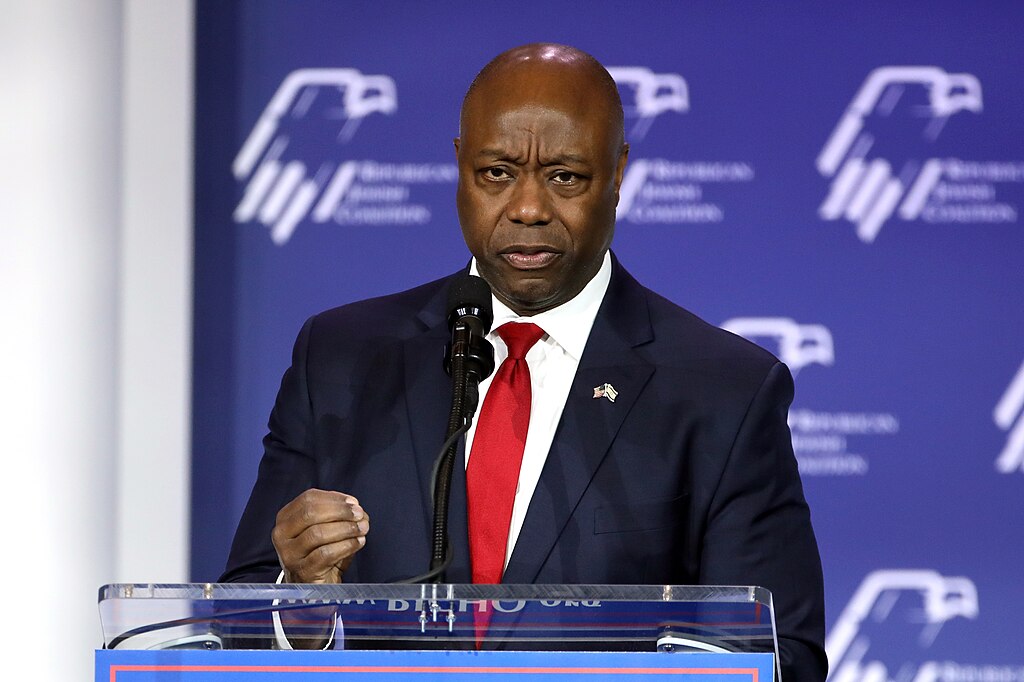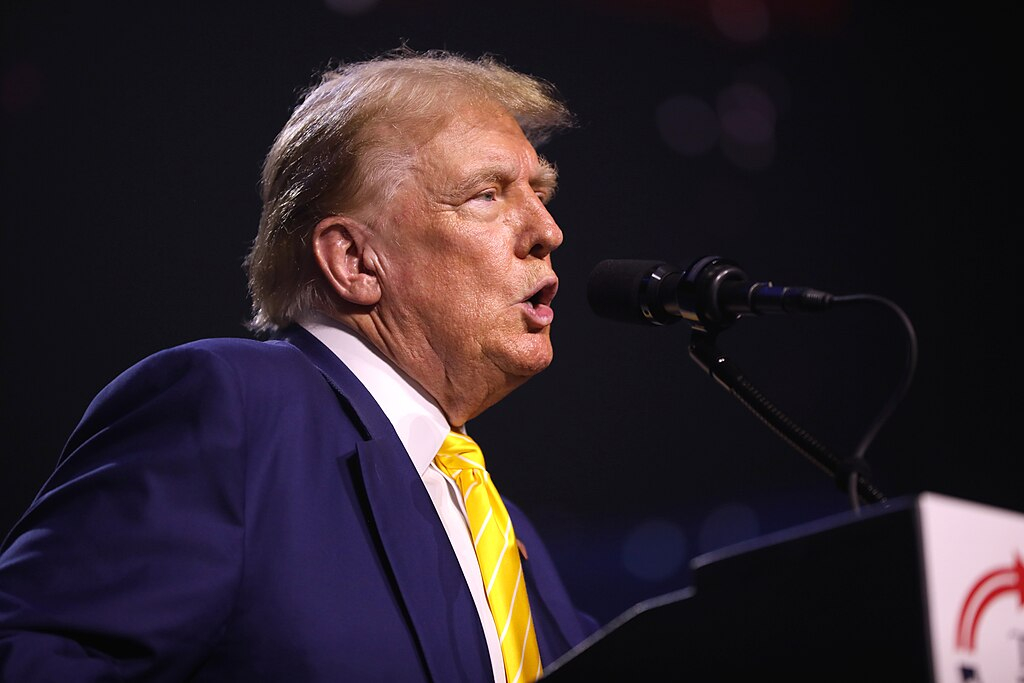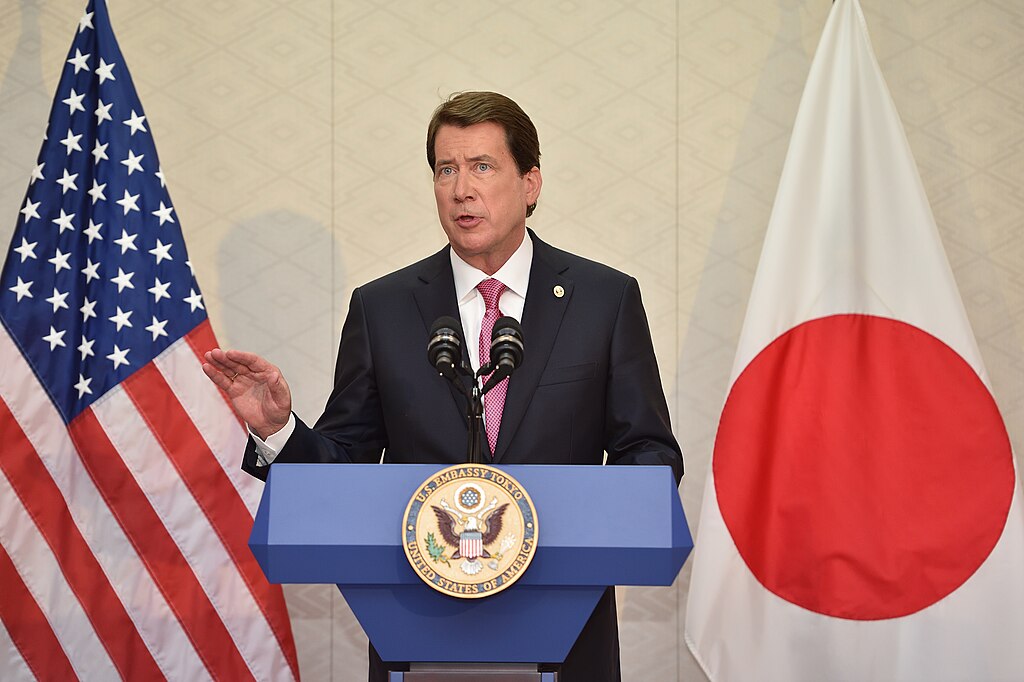The IRS has finalized regulations requiring DeFi platform front-ends to report cryptocurrency sales, expanding broker responsibilities and increasing transparency for millions of taxpayers by 2027.
IRS Expands Reporting Rules to Digital Asset Brokers
Brokers are now obligated to disclose digital asset transactions according to new rules published by the US Internal Revenue Service (IRS). These rules broaden the scope of reporting to encompass front-end platforms, including decentralized exchanges, which were previously exempt.
The regulations, which are scheduled to be implemented in 2027, require brokers to reveal the total amount of money made from the sale of digital assets and cryptocurrencies, as well as details about the taxpayers who were involved in the transactions.
The final rule states, “The only DeFi participants that are treated as brokers [...] are trading front-end service providers.”
Focus on Front-End Platforms and Tax Disclosures
With an emphasis on front-ends as information sources and tax disclosure, the document does not cover all decentralized finance (DeFi) applications or their degrees of decentralization.
Decentralized exchanges and other front-end platforms that help customers transact with digital assets are subject to the reporting requirements.
DeFi Brokers Defined by Control and Influence
Per Cointelegraph, the definition covers platforms that act as middlemen in facilitating transactions, as well as a collection of individuals doing the same "whether or not the group operates through a legal entity."
A DeFi platform may be considered a broker under the new regulations if it helps with the buying and selling of digital assets (including via smart contracts) and has enough say in the process.
According to the document:
“[...] These final regulations will result in trading front-end service providers being able to provide to their customers the same useful information regarding gross proceeds as custodial brokers [...]”
Regulations Treat DeFi Like Other Industries
The Internal Revenue Service asserts that the standards have been in place for brokers for more than 40 years and that the policy "merely treats" DeFi the same as any other industry:
“The Treasury Department and the IRS do not agree that these final regulations reflect a bias against the DeFi industry or that these regulations will discourage the adoption of this technology by law-abiding customers.”
In 2027, the new regulations will be enforced for the selling of digital assets. The mandatory data collection and reporting for digital asset transactions will commence for brokers in 2026. These final restrictions are expected to impact between 650 and 875 estimated DeFi brokers, according to the IRS.
“Information reporting by DeFi brokers under section 6045 will lead to higher levels of taxpayer compliance because the income earned by taxpayers engaging digital assets transactions without a custodial broker will be made more transparent to both the IRS and taxpayers.”
Up to 2.6 million taxpayers might be impacted by the new requirements, according to the IRS.


























Comment 0